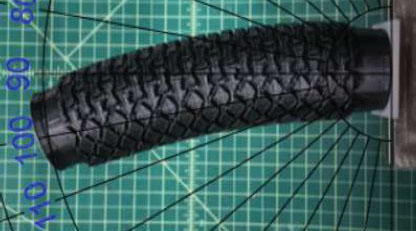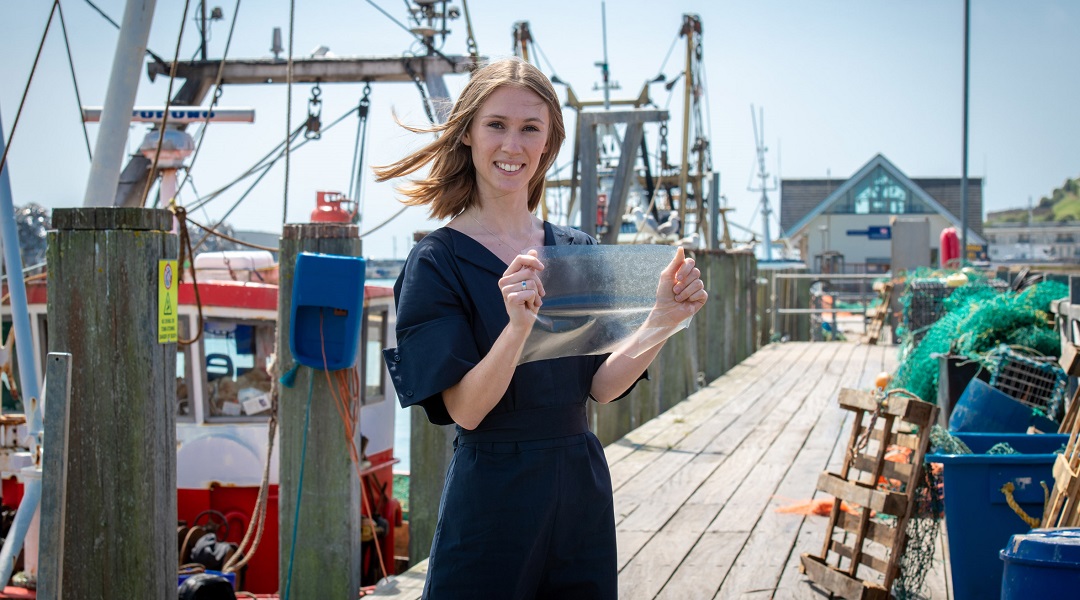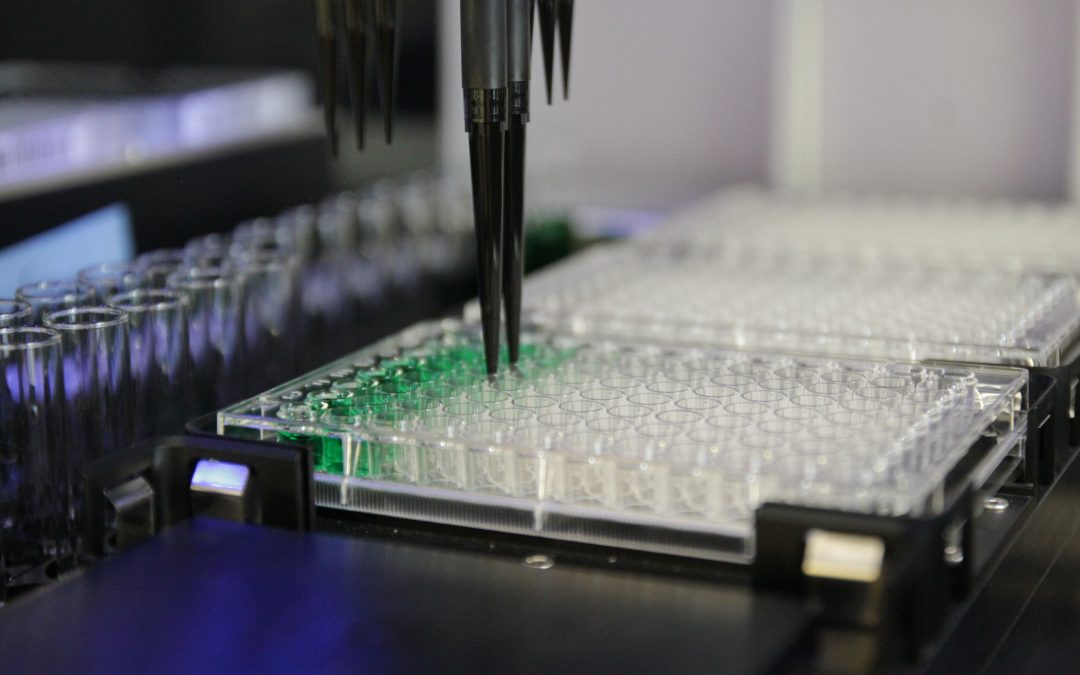Researchers from UC Berkeley are utilizing deep learning to bypass iterative finite element calculations. Their deep learning model is trained using finite element simulation data to predict the deformation behavior of favorable designs.


Researchers from UC Berkeley are utilizing deep learning to bypass iterative finite element calculations. Their deep learning model is trained using finite element simulation data to predict the deformation behavior of favorable designs.

Clarifying some of the misconceptions, limitations, and capabilities of CEM modelling to help researchers find the right tools for their needs.

Azopolymer material allows light-assisted imprinting of nanostructures for structurally colored surfaces.

A Sussex student invented a bioplastic sourced from the sea.
![An Artificial Cell-On-A-Chip [Video]](https://www.advancedsciencenews.com/wp-content/uploads/2019/12/bacteria-359956_1920.jpg)
An artificial cell, which uses a microfluidics-based approach to engineer a modular and programable artificial‐cell‐on‐chip.

Researchers have created a wearable device which offers unprecedented opportunities for joint rehabilitation.

Programmable smart materials, which can be reversibly controlled through magnetically-induced heating and actuation.

Researchers report flexible, conductive and waterproof fibers for wearable, underwater electronics.

Engineers create a robotic platform to automate the production of new, functional polymers for advanced materials.

Researchers have found a way to produce advanced functional fabrics while retaining the wearability and durability of everyday fabrics.